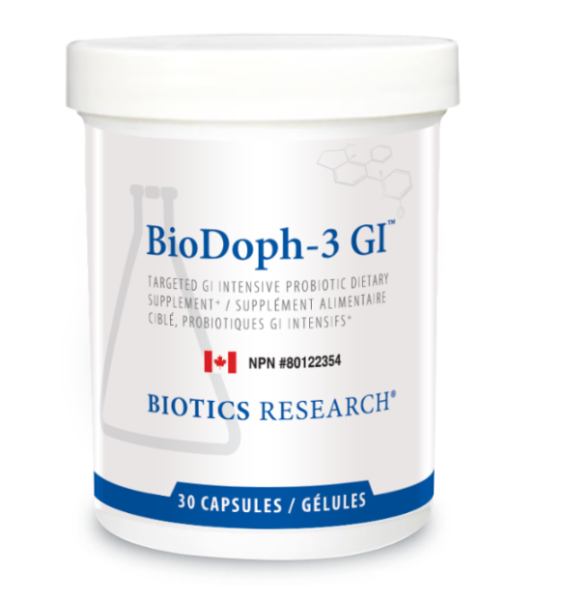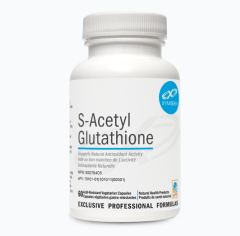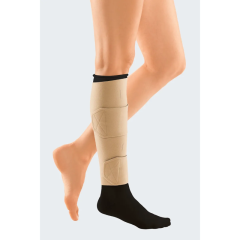BioDoph-3 GI™ is a synergistic probiotics formula containing three clinically validated probiotic strains shown to be effective in randomized and controlled trials. Mediated by targeted mechanisms such as production of short chain fatty acids, acetylcholine and polyphosphate granules, BioDoph-3 GI™ promotes intestinal barrier integrity, balances gut microflora, helps break down lactose and supports a healthy mood.
3 strains in a 1:1:1 ratio
Lactobacillus plantarum KABP-022
Lactobacillus plantarum KABP-023
Potential benefits of Lactiplantibacillus plantarum (formerly Lactobacillus arabinosus and Lactobacillus plantarum)[1] is a widespread member of the genus Lactiplantibacillus and commonly found in many fermented food products as well as anaerobic plant matter.[2] L. plantarum was first isolated from saliva. Based on its ability to temporarily persist in plants, the insect intestine and in the intestinal tract of vertebrate animals, it was designated as a nomadic organism.[3][4] L. plantarum is Gram positive, bacilli shaped bacterium. L. plantarum cells are rods with rounded ends, straight, generally 0.9–1.2 μm wide and 3–8 μm long, occurring singly, in pairs or in short chains.[5] L. plantarum has one of the largest genomes known among the lactic acid bacteria and is a very flexible and versatile species. It is estimated to grow between pH 3.4 and 8.8.[6]
Pediococcus acidilactici KABP-021
Potential benefits of Pediococcus acidilactici P. acidilactici has a wide range of potential benefits which are still being studied. Though it is being used as probiotic supplements in treating constipation, diarrhea, relieving stress, and enhancing immune response among birds and small animals, human trials are still limited. P. acidilactici is also known to prevent colonization of the small intestine by pathogens such as Shigella spp., Salmonella spp., Clostridium difficile, and Escherichia coliamong small animals.
Digestive disorders in Dogs
P. acidilactici has been used to treat dogs with digestive disorders and also those dogs which were infected by parvovirus. Prior to treatment with orally administered mixtures of P. acidilactici and Saccharomyces boulardii, the dogs diagnosed with parvovirus infection were shown to exhibit severe gastrointestinal distress such as vomiting and bloody diarrhea. After the treatment for three days, the bloody diarrhea ceased and the dogs had solid stools.
SOME INDICATORS OF GUT HYPERSENSITIVITY
People with a hypersensitive gut may experience the following:
Gut discomfort
Sensitivity to lactose
Anxiety or mood swings
Skin irritation
Usually sensitive to high CFU probiotics (colony forming units)
Targeted Mechanisms of Action
Through its targeted mechanisms of action, BioDoph-3 GI™:
Produces short chain fatty acids
Supports production of neurotransmitters such as acetylcholine
Produces polyphosphate (polyp) granules
Helps balance microflora






